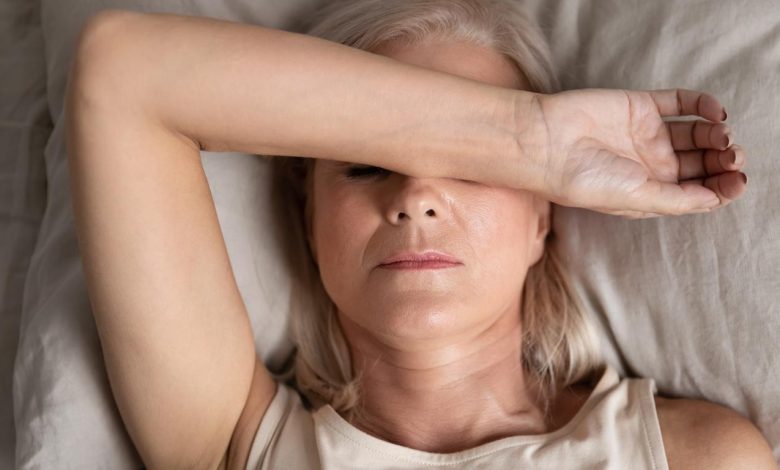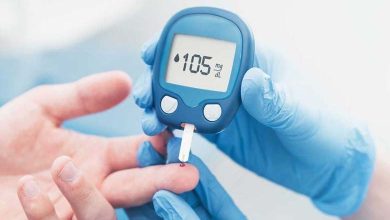Early menopause – 5 tips to overcome it

The average age of menopause is around 51 years old. This is when women no longer have their periods. Quitting is often gradual and the duration varies from person to person. Generally, a woman is considered to be in menopause one year after her last period.
Menopause is due to declining levels of female reproductive hormones
Nevertheless, some women have changed several years before menopause, it is perimenopause, and also several years after. The reason is that menopause causes the levels of female reproductive hormones to drop. This does not only impact the reproductive system but also blood circulation, bone health, the immune system as well as the neurological system, which explains hot flashes, night sweats, mood swings, fatigue, vaginal dryness and sleep disturbances.
It remains difficult to say precisely how long perimenopause lasts but scientific research estimates that it would be between four and eight years. According to works titled Penn Ovarian Aging Study which included 259 participants, 79% of them had hot flashes before the age of 50, most often between the ages of 45 and 49.
Another study explains that women suffered from moderate to severe hot flashes more than ten years after the cessation of their periods… And even up to 70 years according to these works of 2017.
Perimenopause and menopause: long and embarrassing symptoms
The symptoms of perimenopause and menopause are therefore long, embarrassing and even painful for some women. But a few tips can help them better prepare for it and correctly interpret the first signs.
First of all, you have to talk to the women in your family circle: your mother, your grandmother, your aunt or aunts, the sisters. The different experiences can help anticipate this period. And this, especially since there are similarities between members of the same family as to menopause.
Then, it is essential to listen to your body and not minimize the changes it may undergo. And this, regardless of age or the time it takes to manifest. So as soon as you notice something, write it down to discuss it with your GP or gynecologist. Menopause tracking apps also exist to help women track symptoms and keep track of them.
In the same way, it is always recommended to note your menstrual cycle, that is to say the beginning but also the duration of the rules, the flow and the changes. Again, there are apps for that.
Finally, in case of concern, always seek the advice of a health professional who can advise you on ways to alleviate the symptoms or tell you the right specialist to consult.












